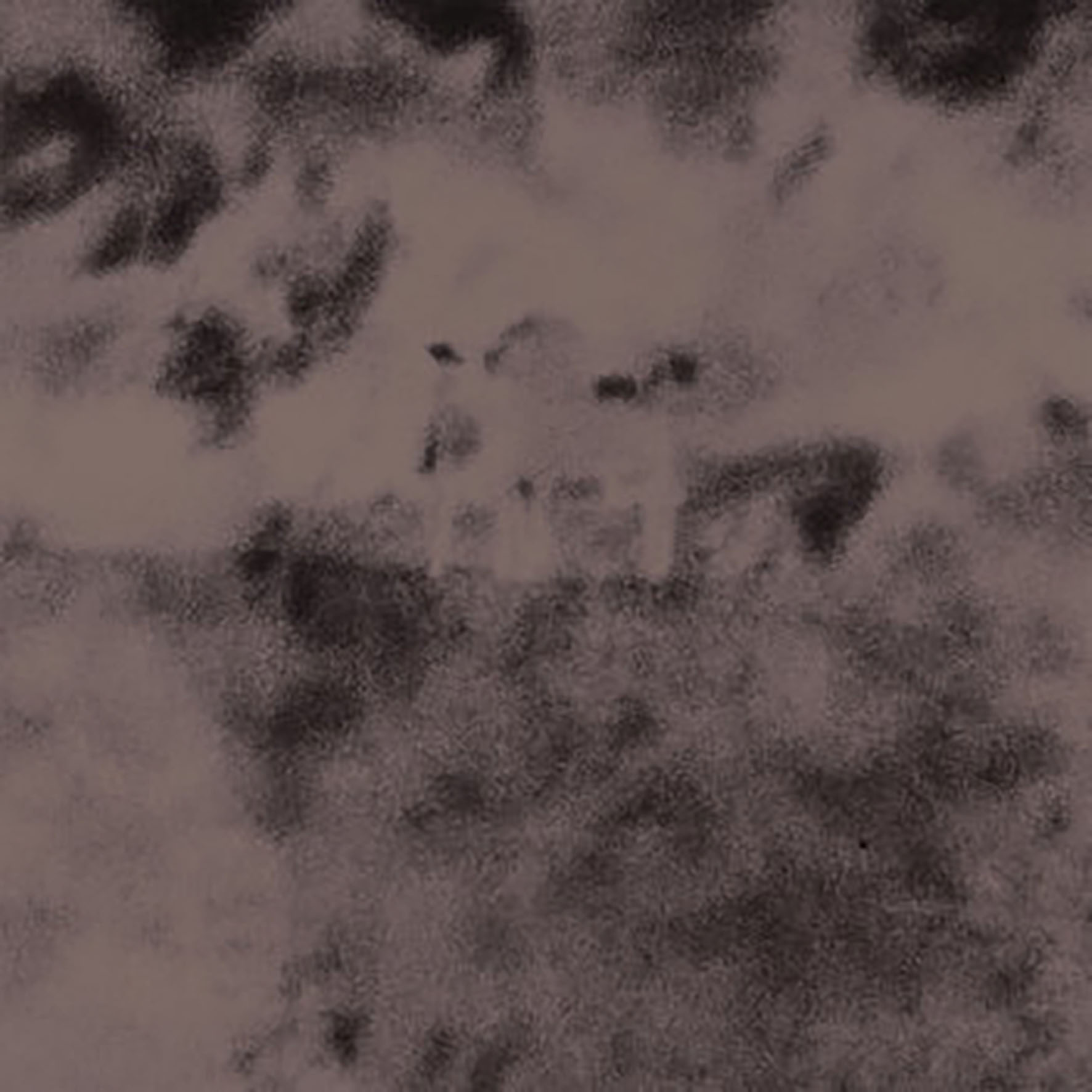
I have a long-running fondness for tape loop artists, yet I had always lumped this Craig Tattersall project together with more conventional ambient fare until last year's reissue of 2009's A Miscellany For The Quiet Hours finally smacked me in the head and made me pay closer attention. I bring that up because Light Trespassing (recorded roughly a decade later) entered heavy rotation in my life immediately after my Quiet Hours obsession and it has been quite interesting to hear how Tattersall's vision has subtly transformed over the ensuing decade. In some ways, it feels like the two albums could have been recorded in the same damn week, but it is also clear that Tattersall has been consciously chasing an even more minimal and lowercase vision than the one he started off with. That tendency makes Light Trespassing a bit less immediately gratifying than some other Humble Bee releases, but I suspect that may very well be the point. In fact, Tattersall's execution remains as mesmerizing as ever—he is simply achieving the same ends with an increasingly reduced palette and even fewer moving parts. In essence, all that truly changed is that I now need to listen a bit more attentively before Tattersall's delicate miniatures reveal their full beauty. It feels akin to witnessing a tightrope walker systemically removing all safety measures as they become more confident in their ability to consistently nail their signature tricks without even the hint of a wobble.
In keeping with the theme of extreme minimalism, Tattersall and Motion Ward have provided very little background information about this release other than the poetic phrase "like the last embers of a fire burning." As far as album descriptions go, however, that is quite an admirably apt and concise summary (though it does demand some familiarity with Tattersall's previous tape work in order to grasp the full implications). To my ears, it feels like Tattersall decided to expand the ephemeral beauty of the fading final moments of his usual fare (the point where all the added layers fall away to reveal the naked, beating heart of a piece) into an entire album of such "last embers." The first few pieces provide an especially lovely introduction to the possibilities opened up by such an approach. In "A Little Alone Snow," for example, it seems like two harp loops of slightly different lengths create an endlessly transforming melody as their moment of collision keeps subtly changing. Elsewhere, "However Far I Walk" initially sounds like little more than a simple arpeggio fragment played on an acoustic guitar, but then a new loop begins dancing through the spaces between those notes to form a tender melody. Tape noise, recorder clicks, hiss, and room tone also play a larger role than usual on this album, particularly on "When Your Voice Disappears." My favorite pieces on the album tend to be the more fleshed out gems that begin surfacing near the midpoint though ("A Day of Light and Air," "Inside Out Mountains," and "Dotted and Course With"). They each have their own unique character, of course, but they all evoke a similarly elusive and ineffably beautiful scene akin to a half-blissful/half-ghostly dream in which I am waiting outside a train station on a perfect spring day awaiting a long lost love. Those are not the only quietly gorgeous pieces to be found, however, as Light Trespassing has quite a satisfying arc of deepening warmth and soft-focus dreaminess. If there is a caveat with this album, it is merely that it takes a few listens for the full beauty of its sublime spell to sink in, but I certainly got there eventually. In fact, I wish I could dissolve myself into this album. I have not figured out how to do that yet, unfortunately, so I will try to content myself by merely stating that Light Trespassing adds yet another singularly beautiful album to Tattersall's rich and varied discography.
Samples can be found here.
Read More

